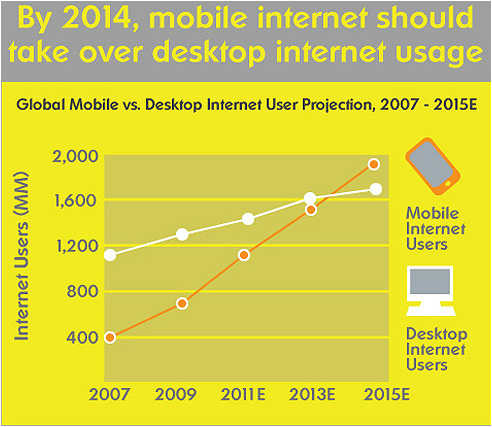 It’s safe to say that social media has changed everything about mass communication. Not only has mass communication gone digital, but we are now connected with many more people than ever before. Social media is today’s printing press, empowering not only the general public to say what they have to say, but also businesses and recruiters. Using this modern printing press to get the word about open positions, to find great candidates, and to build your employment brand is new to everyone, yet critical to a successful recruiting strategy.
It’s safe to say that social media has changed everything about mass communication. Not only has mass communication gone digital, but we are now connected with many more people than ever before. Social media is today’s printing press, empowering not only the general public to say what they have to say, but also businesses and recruiters. Using this modern printing press to get the word about open positions, to find great candidates, and to build your employment brand is new to everyone, yet critical to a successful recruiting strategy.
Related: Establishing a social media recruiting strategy
Two Things to Consider: Mobility and Platform
The way in which we consume information is going through a radical shift, so social media cannot be ignored. When first incorporating social media into your recruiting strategy, there are two major factors to consider: mobility and platform.
Mobile will be the new desktop, if it isn’t already. By 2014, mobile Internet usage will take over desktop internet usage, and things will never go back to the way they were. The way in which potential candidates will find and receive information about your company and your employment brand will change too. In fact, potential candidates might already be finding this type through mobile platform. Therefore, if you don’t also make the switch and make your information available through social media and mobile devices, then someone else will and you’ll lose on quality talent.

Platform is the type of network you are going to use, whether that’s Facebook, Twitter, YouTube, Pinterest etc., or a combination of the above and others not mentioned. This is important to consider because each platform does something different, has a different audience, and achieves different aspects or goals of your recruiting strategy. It’s not smart to be on all the platforms because you feel like you have to. It’s a much better use of time and effort to pick and choose which platforms will best accomplish what you want to accomplish.
Social Media Classifications
To ensure a successful recruiting strategy, you need the right platforms. To help you decide which platforms would be best for your strategy and employment brand, we have segmented some of the most popular platforms into three categories:

Networked
- LinkedIn – more professional in nature, association driven
“Facebook and Twitter are broadcast mediums. They are very personal in nature,” says Joel Capperella, vice president of marketing at Yoh. “They have a very communal feel to them… there’s always a sense that the person is there adding to the conversation.”
Long Form & Search
- Google+
- Wordpress
- Tumblr
“The more shared a piece of content becomes across a broader, more credible, audience… the better it will perform in the search engines,” says Capperella.
Visual
- YouTube
- Pinterest – performs better with women than with men
“There’s a graphical element to them, and they tend to be a little bit more intimate,” Capperella said. “A photo is a much more intimate way to engage your friends, family, and coworkers… than just text.”
To learn more about how to establish a social media recruiting strategy, click the link to listen to the full webinar on the subject. Besides the incorporation of social media, learn how to establish the right foundation, execute the appropriate framework, and consider the right social media tools for your goals and strategy.
Have you had any experience with social recruiting or want to ask a question? Leave us a note in the comments section below and we'll get back with you.














